Eventus helps clients avoid common pitfalls and we can guide you in determining if your investors, as well as your customers, are sound and reliable. We can help your company assess its risk concentrations and understand the impact they can have on your business model.
Additionally, we look at our clients’ capital structure and explore alternative solutions to find different sources of funding.
In the crypto sector, Eventus provides insight into the use of blockchain, and offers companies an understanding of the risks inherent in using crypto as part of their asset mix or in payments, as compared to traditional forms of currency.
For regulatory and compliance issues around crypto, we draw upon our relationships with various specialty firms to help clients ascertain their risk appetite and present scenarios of how regulators will react to certain circumstances.
Finally, with our broad industry experience, our technical expertise in financial management, and our strong business partnerships, Eventus provides the latest industry guidance on valuation, accounting, financial reporting, disclosure, and establishing appropriate control procedures.



